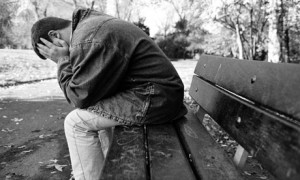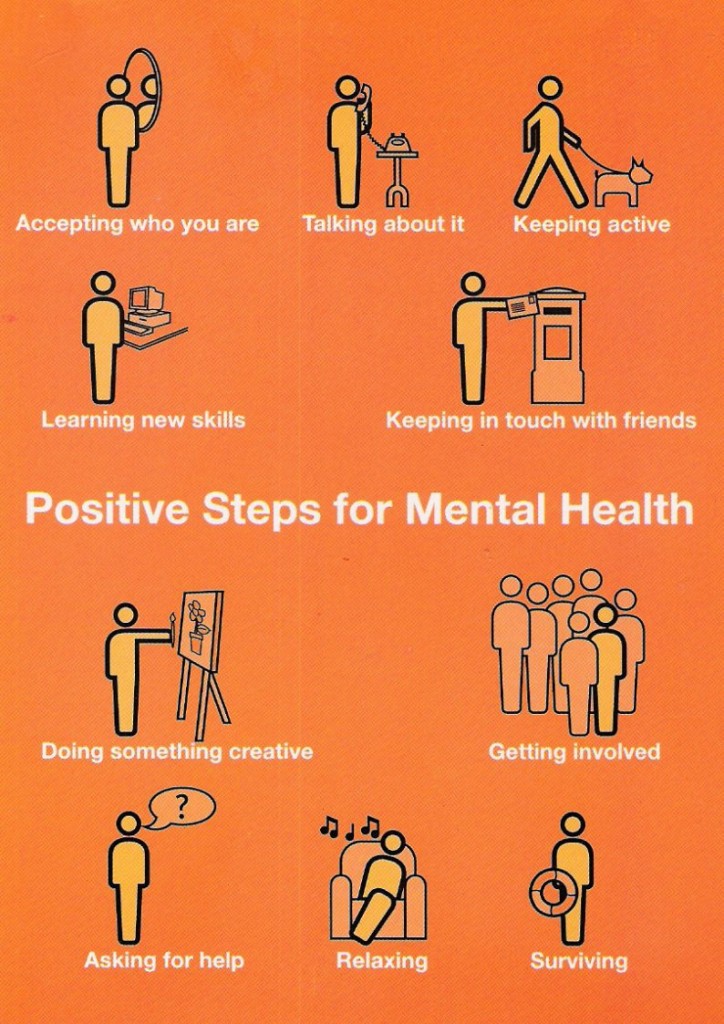During the time of the ancient Greeks and Romans, mental illnesses originated from the gods. Disorders were consequences for certain behaviors, and were carried out by means of "divine punishment or demonic possession." Additionally, there was no clear line that differentiated between physical and mental problems, as treatments and remedies for both types were rather similar. Such treatments were a bit different than today's, as they rarely prescribed medication of any kind. Instead, they relied on observing a patient's behavior, utilizing methods like counseling and restraint, and encouraging magical remedies. Today, there's a negative connotation associated with the word "mental." Often, the word is used to reference an individual or an entity suffering from disorders or illnesses of the mind. People relate it to terms that are also less technical, such as "crazy," "mad," and "lunatic." It's this type of word association that has become commonplace in daily conversation, further cementing the stigma against mental health. However, it's important to remember that "mental" is an adjective that more simply describes something of or related to the mind in general.
For example, the phrases "mental health" and "mental illness" are mistakenly used interchangeably. So what's the difference between the two?
According to the Centers for Disease Control and Prevention (CDC), they are related, but not one in the same. The CDC defines the two as such:
Mental health is "a state of well-being in which the individual realizes his or her own abilities, can cope with the normal stresses of life, can work productively and fruitfully, and is able to make a contribution to his or her community."
Mental illness is defined as "collectively all diagnosable mental disorders” or “health conditions that are characterized by alterations in thinking, mood, or behavior (or some combination thereof) associated with distress and/or impaired functioning."
It's time to stop viewing either of the two phrases as synonymous. One's mental health, which can be further affected by mental illness, is valuable. The healthier an individual is, both physically and mentally, the easier it is for he or she to carry out day-to-day duties and activities.
People who struggle with mental health issues may not always have a mental illness. Instead, there may be a combination of factors that influence one's mental health, including psychological (perception of one's self), past history (family and relatives), current life events (such as relationships or other daily stresses) and biological (this is where illness comes into play). Those living with mental illnesses are not doing so by choice. Having a disorder or condition - be it mental or physical - is never a choice.
It's important that we start to redefine our perception of mental health and mental illness. We can actively do this by educating ourselves and those around us and by being mindful of our choice of words when interacting with others.
--
This post originally appeared on Mama Tanap, a blog that focuses on personal health and wellness.



 Depression is increasingly more
Depression is increasingly more 
